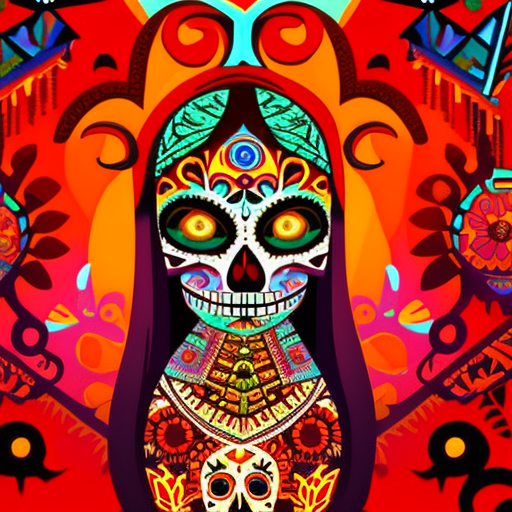The Book of Life: A Journey through Love, Loss, and Redemption
In “The Book of Life,” author Deborah Harkness takes readers on a captivating journey through time, love, and the supernatural. This thrilling conclusion to the All Souls Trilogy explores the depths of human emotions, the power of forgiveness, and the importance of embracing one’s true self. With its rich blend of history, romance, and magic, this book is a must-read for fans of fantasy and historical fiction.
Love and Loss in the Face of Immortality
“The Book of Life” picks up where its predecessor, “Shadow of Night,” left off. Diana Bishop, a witch, and Matthew Clairmont, a vampire, return to the present day after their time-traveling adventures in Elizabethan England. As they settle back into their lives, they face the challenges of their forbidden love and the consequences of their actions.
Diana and Matthew’s relationship is tested as they navigate the complexities of their supernatural worlds. Their love is put to the ultimate test when Diana discovers she is pregnant with twins, a rare occurrence among witches and vampires. As they prepare for the arrival of their children, they must confront their fears and insecurities, knowing that their offspring will inherit both their extraordinary abilities and the dangers that come with them.
However, their happiness is short-lived when a long-standing enemy resurfaces, threatening their family and the fragile peace between creatures. Diana and Matthew must gather allies from both the supernatural and human realms to protect their loved ones and prevent a catastrophic war.
A Quest for Redemption and Self-Discovery
In their quest to save their family, Diana and Matthew delve deeper into the mysteries of alchemy, seeking the secrets hidden within “The Book of Life.” They travel to the heart of the supernatural world, encountering ancient creatures and uncovering long-lost knowledge. Along the way, they confront their own past traumas and learn to embrace their true selves.
As Diana and Matthew unlock the secrets of alchemy, they discover that true power lies not in controlling others but in understanding and accepting oneself. They learn that redemption is possible, even for those burdened by their past mistakes. Through their journey, they find forgiveness and healing, both individually and as a couple.
The Power of Love, Unity, and Acceptance
“The Book of Life” explores the themes of love, unity, and acceptance in a world divided by prejudice and fear. It emphasizes the importance of embracing diversity and finding common ground, even in the face of seemingly insurmountable differences. The novel reminds us that love has the power to transcend boundaries and bring about positive change.
Key takeaways from “The Book of Life” include:
- Love can conquer even the greatest of obstacles.
- Forgiveness and redemption are essential for personal growth.
- Embracing one’s true self is a powerful act of self-acceptance.
- Unity and understanding can bridge the divide between different communities.
- History and mythology can provide valuable insights into the present.
As Deborah Harkness eloquently writes, “Love is the strongest magic of all, and the most ancient.” “The Book of Life” reminds us that love, in all its forms, has the power to transform and heal, and that redemption is always within reach.
“Love is the strongest magic of all, and the most ancient.” – Deborah Harkness












